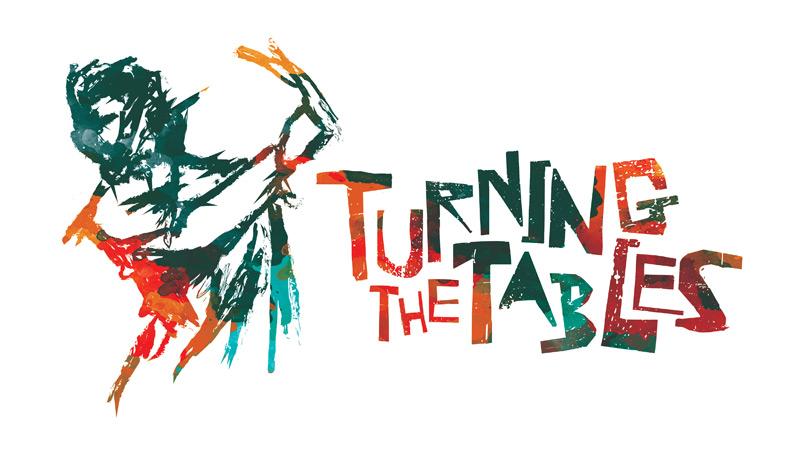
Turning the Tables
Jul 30 2017 • David Morrow, Greg Boyd
We believe God is wholly love and completely non-violent, and that we are called to exemplify this love. Despite this, many of Jesus’ words and actions in the New Testament seem violent. And over the centuries, people have used these passages to justify their own violence. In “Turning the Tables,” we will examine these portrayals of Jesus to understand them better. By doing so we hope to build a deeper trust in God’s love, and also use them as a launching point to examine the violence in our own lives.
Sermons in this series:
In our last sermon in the series Turning the Tables, Greg takes a final look at New Testament passages often appealed to in order to justify violence. This week we examine the Parable of the ungrateful servant.
Topics: Forgiveness,
Grace,
Judgment
In this 4th installment of our Turning the Tables series, we examine how Jesus prophetically acts out a reinterpretation of a common Jewish racial understanding of the Kingdom of God. In both the interactions with the Roman centurion in Luke 7 as well as the woman (Canaanite descendant) in Matthew 15, Jesus reinterprets what it means to have faith in God and who the Kingdom is open to. The repercussions of this unequivocal 'no' to racism, and the hatred and de-humanization that accompany it, apply just as much to our 21st century culture in America as they did in 1st century Israel.
Topics: Guilt,
Individualism,
Non-Violence,
Spiritual Warfare
One of the core convictions of Woodland Hills is that God is indiscriminately loving and opposed to all violence. But many Christians since the 4th century have not wanted this to be true. It's more comfortable for us to hate our enemies and be justified in doing so. So some Christians have gone to great lengths to argue that Jesus was not actually opposed to violence. Debunking these arguments is what Greg focused on during this 'Turning the Tables' message.
Topics: Controversial Issues,
Identity in Christ,
Transformation
It is common to hear objections about the differences between the God of the Old Testament and Jesus in the New, but what about the views some hold that Jesus wasn’t actually non-violent? How do we handle the Scriptures that seem to imply He engaged in occasional violent acts? In this second message in our series, Turning the Tables, David Morrow shows how Jesus cursing a fig tree had nothing to do with violence, and everything to do with liberation from that which enslaves His people, both individually and collectively.
Topics: Judgment,
Love,
Non-Violence
In our new Turning Over Tables series, we examine how central Jesus (as well as other new testament authors) placed our call to non-violence. In fact at one point in the Sermon on the Mount Jesus pre-conditions being considered a child of God to our love toward enemies and refusal to return evil for evil. Many throughout history have tried to twist scripture to fit certain personal or other non-Kingdom nationalistic agendas, but Jesus’ call to us is that His Kingdom is not of this world. What makes His followers distinct is our refusal to engage in violence no matter the “just” circumstance.
Topics: Conflict,
Non-Violence,
Peace,
Spiritual Warfare







